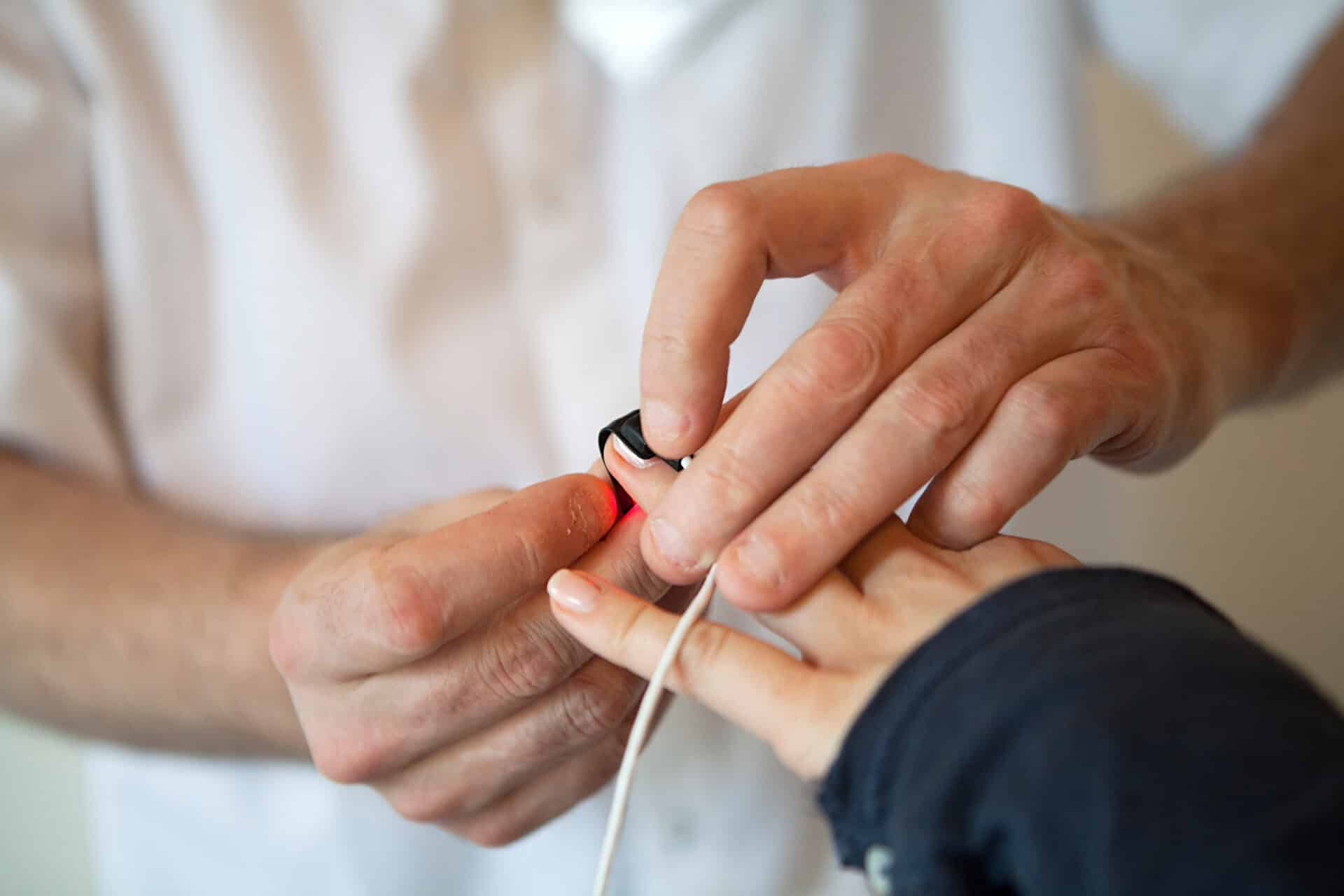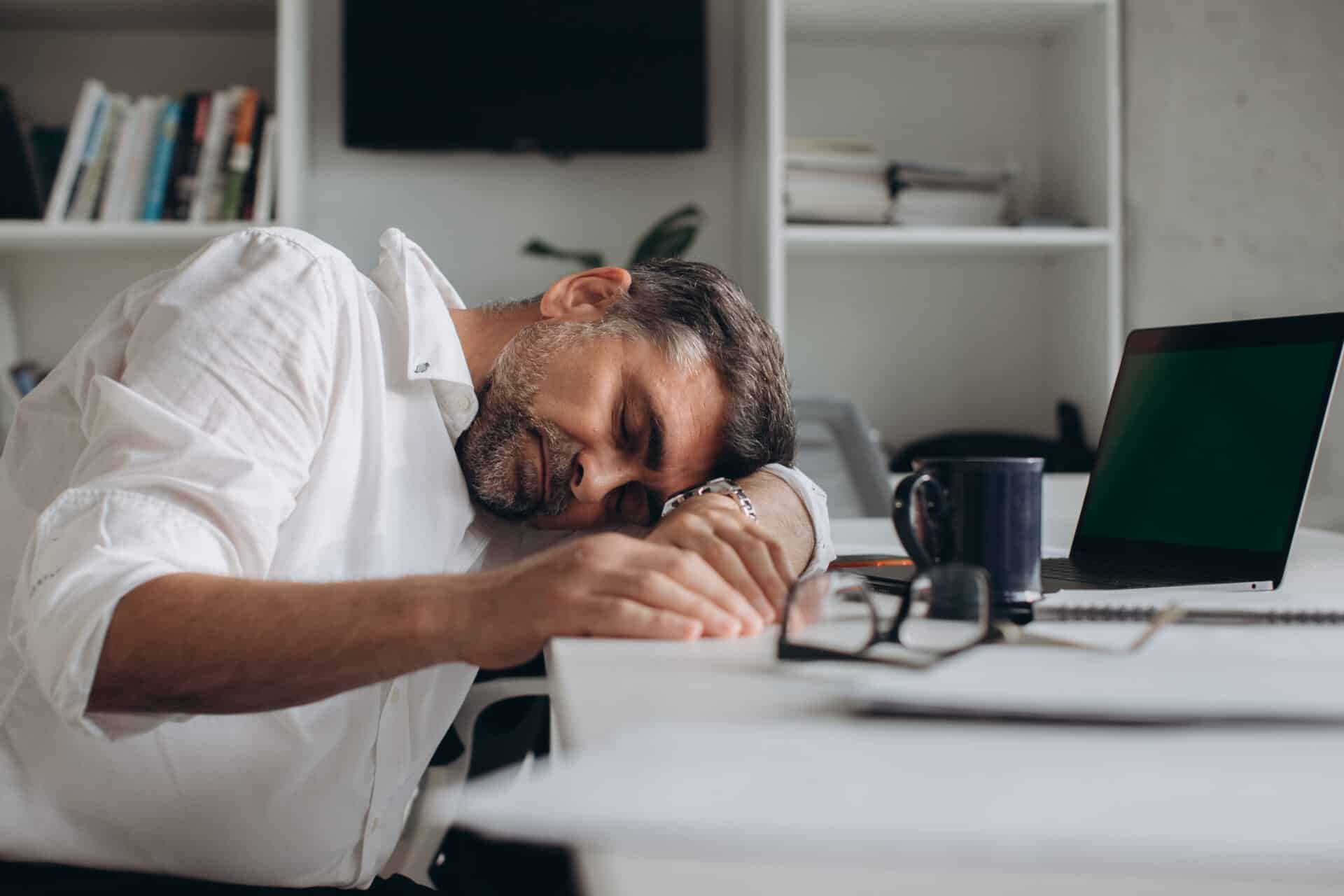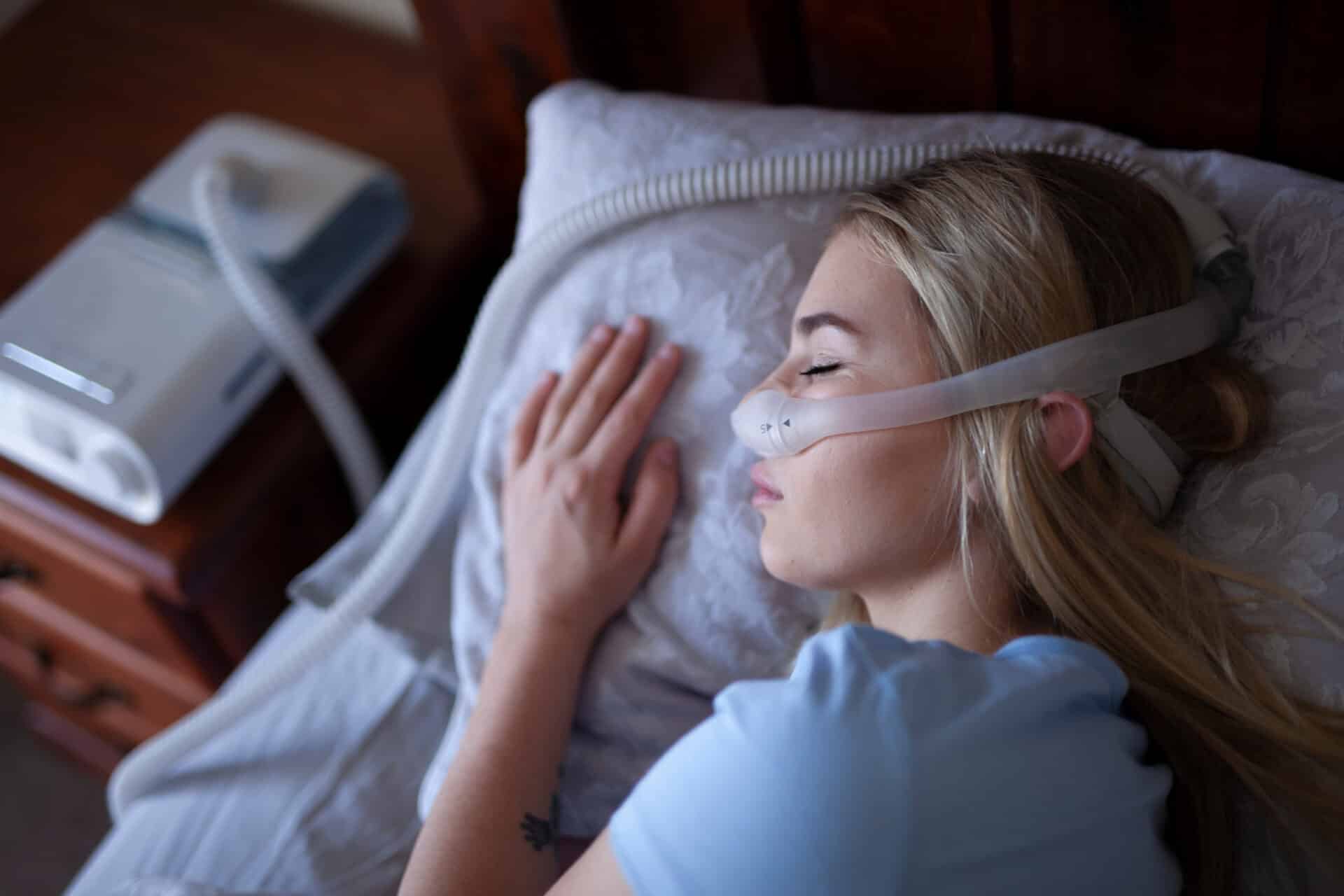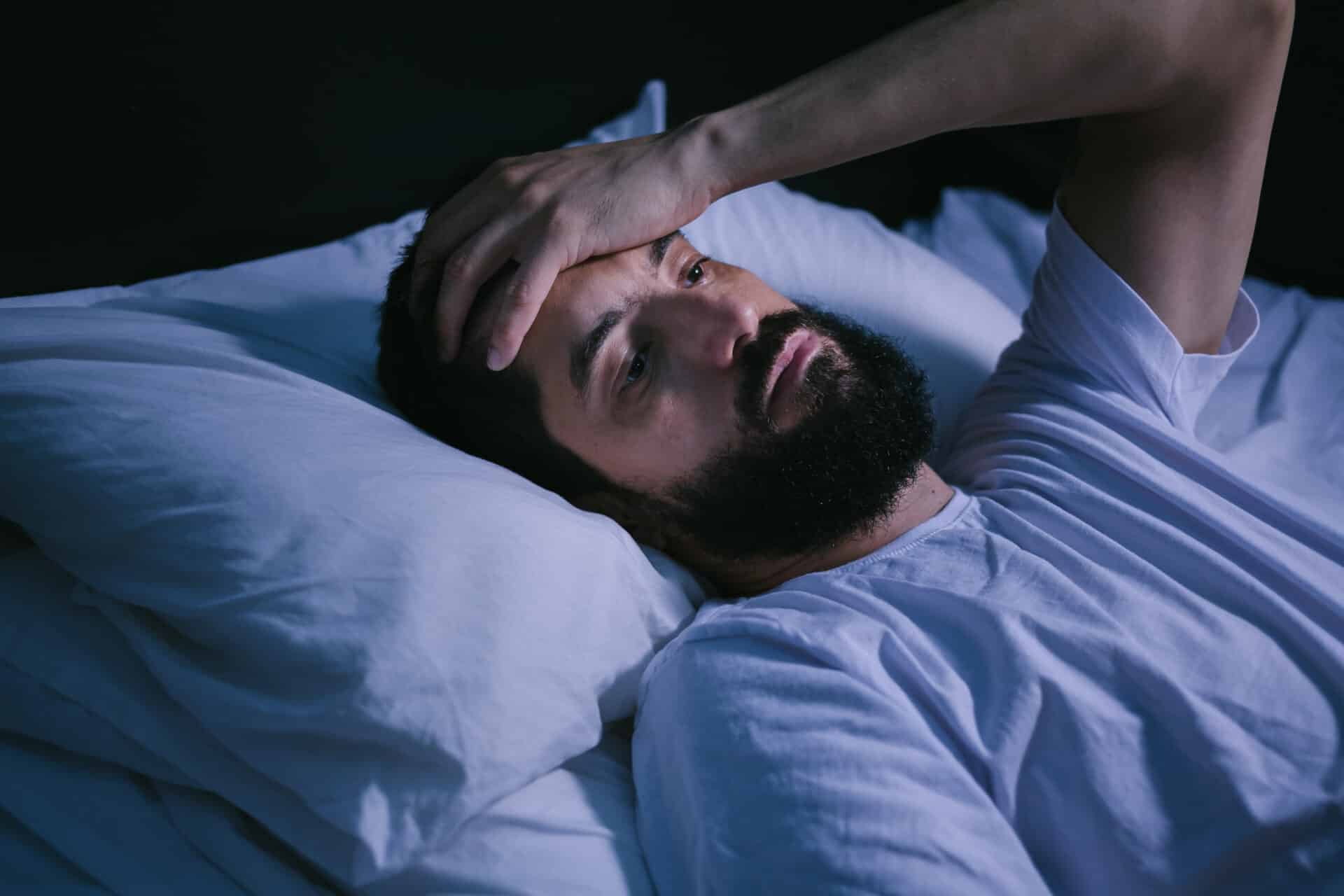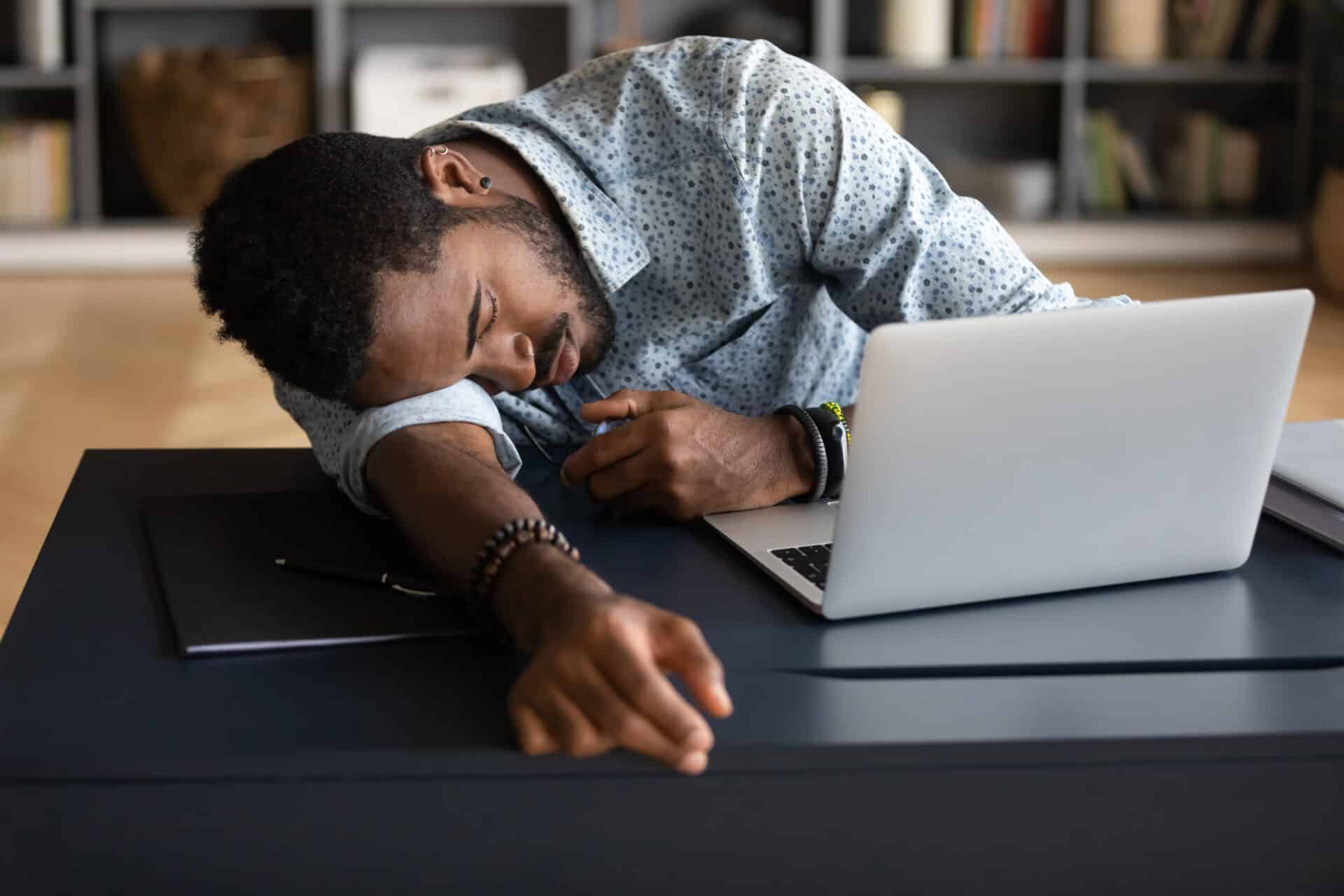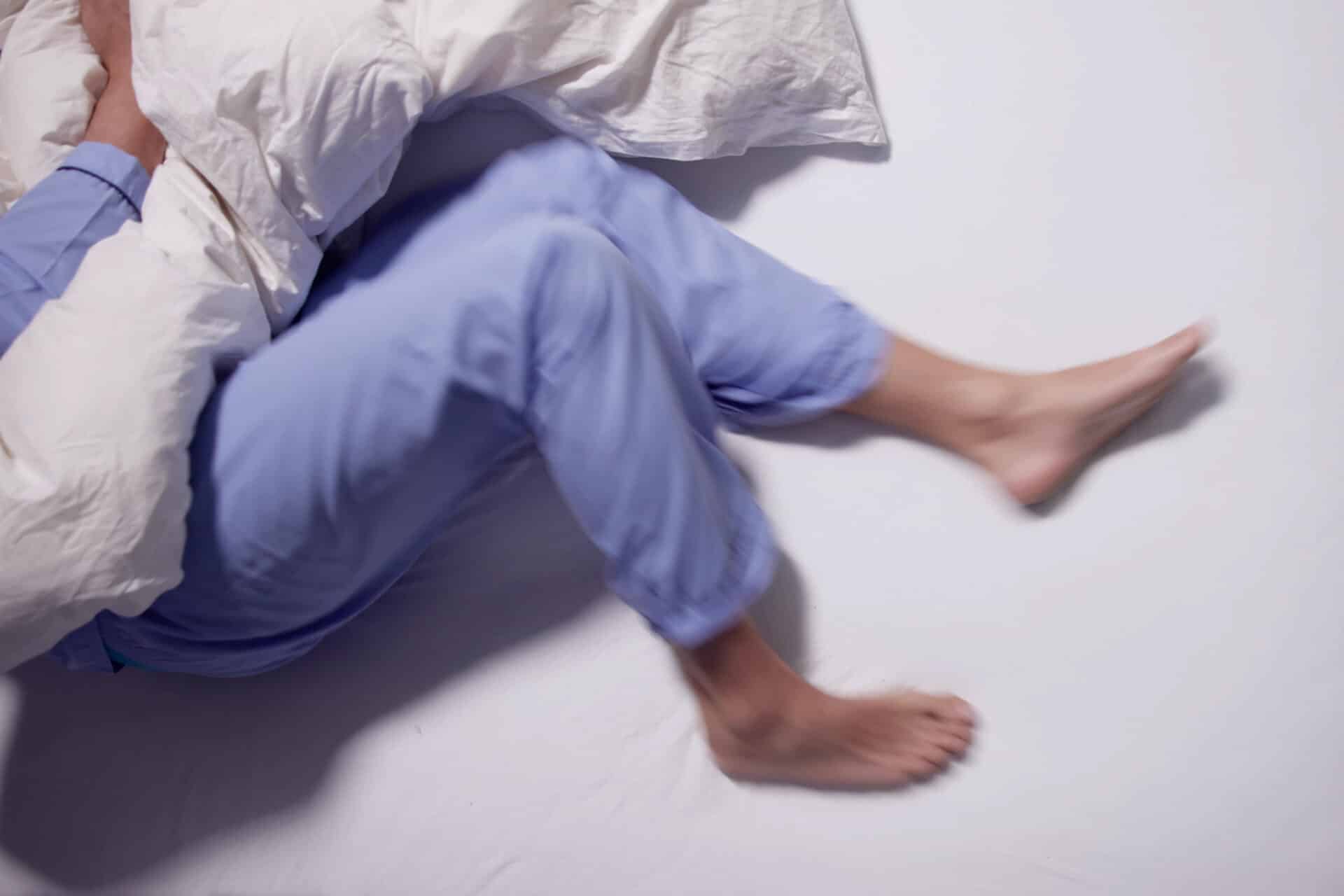Powerful Diagnostics From the Comfort of Home
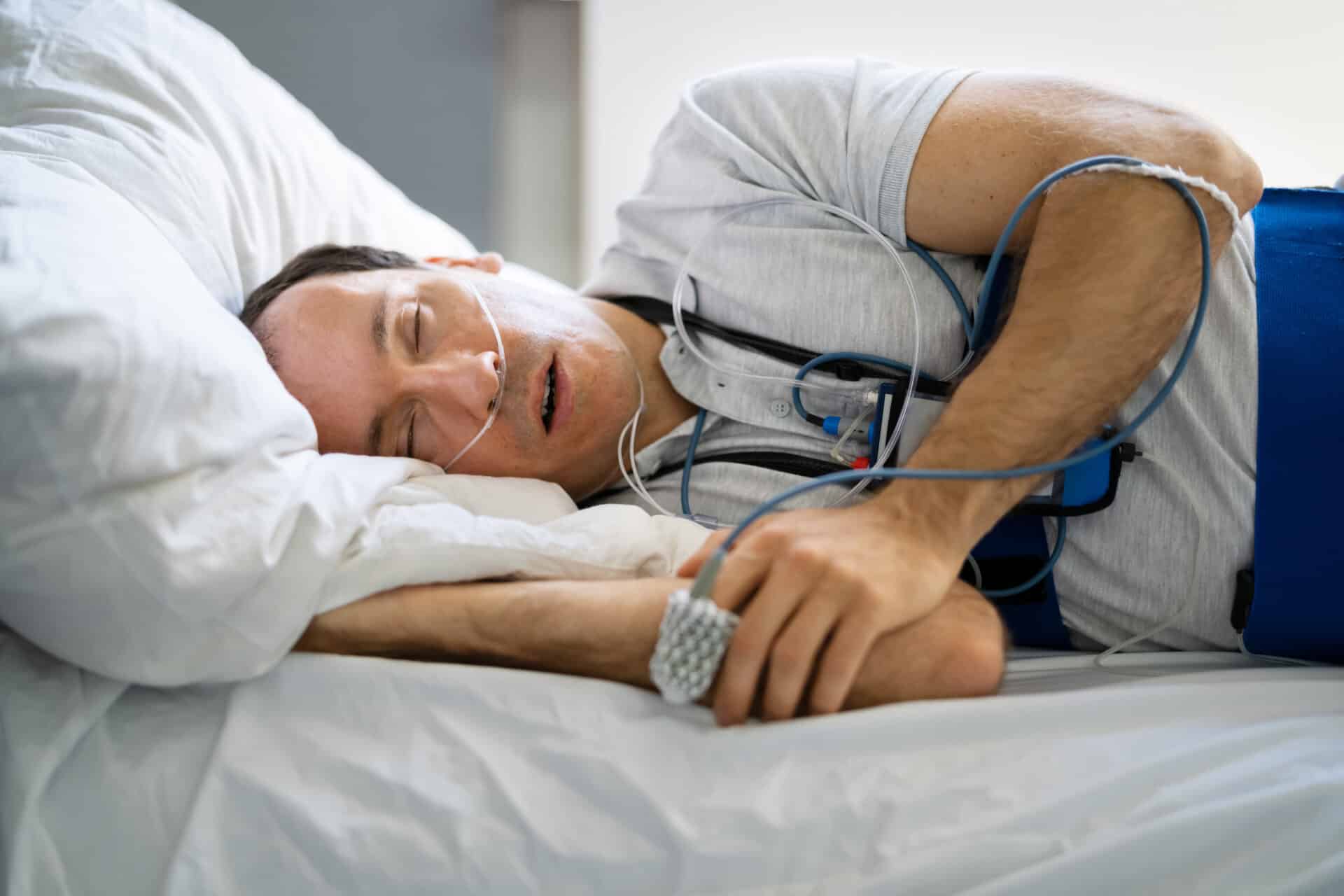
Home Sleep Apnea Tests
With more than 30 million sufferers in the US alone, obstructive sleep apnea (OSA) is a common medical condition. Certain patients may be able to receive a test for OSA in the comfort of their own bed.
Sleep Practitioners dispenses home sleep apnea tests at our Macon, Warner Robins, Thomaston, and Cordele offices.
What Is a Home Sleep Apnea Test?
Commonly but incorrectly referred to as “home sleep studies,” these tests are not as thorough as an in-office polysomnogram. Still, they can help identify obstructive sleep apnea – one of the most common sleep disorders – in patients who meet specific requirements.
During a home sleep apnea test, you will connect yourself to an easy-to-use testing device right before you go to bed. During the night, while you sleep, the device will measure your respiration and blood oxygen levels to determine how often you stop breathing and for how long, as well as the effort required for each breath. Your test may last one to three nights.
After your test is completed, you’ll return the device to our lab, where our sleep specialists will download the data from the device and analyze it to determine whether or not you suffer from obstructive sleep apnea.
What Is a Home Sleep Apnea Used to Diagnose?
Home sleep apnea tests are only effective for diagnosing obstructive sleep apnea and only in patients who are otherwise mostly healthy. If your doctor suspects that you may be suffering from central sleep apnea or another sleep disorder, or if you have any one of a number of complicating conditions, you may not be a good candidate for a home sleep apnea test.
If your home sleep apnea test returns unexpected results or indicates an additional problem, you will need to undergo a complete overnight sleep study (polysomnogram) to determine what’s preventing you from getting good sleep.
What to Expect From a Home Sleep Apnea Test
Once our team has prescribed a home sleep apnea test, you’ll pick up the testing device at one of our offices. We’ll show you what you need to know about setting up the machine and applying the various sensors. A home sleep apnea test will usually include:
- Pulse oximeter – a small clamp that fits comfortably on the end of one of your fingers and measures the amount of oxygen in your bloodstream.
- Nasal cannula – a small tube with fittings that slip inside your nostrils. This device measures your respiration rate and the airflow into and out of your body.
- Respiratory rate sensors – You may also need to apply small sensors to your chest and abdomen to measure your respiration rate.
You’ll set up the equipment each night before you go to bed and sleep as you usually would.
Your study may last one, two, or three consecutive nights.
Let Sleep Practitioners Help You Get Better, Restful Sleep.
Contact your primary care physician for a referral, or contact us for more information.




